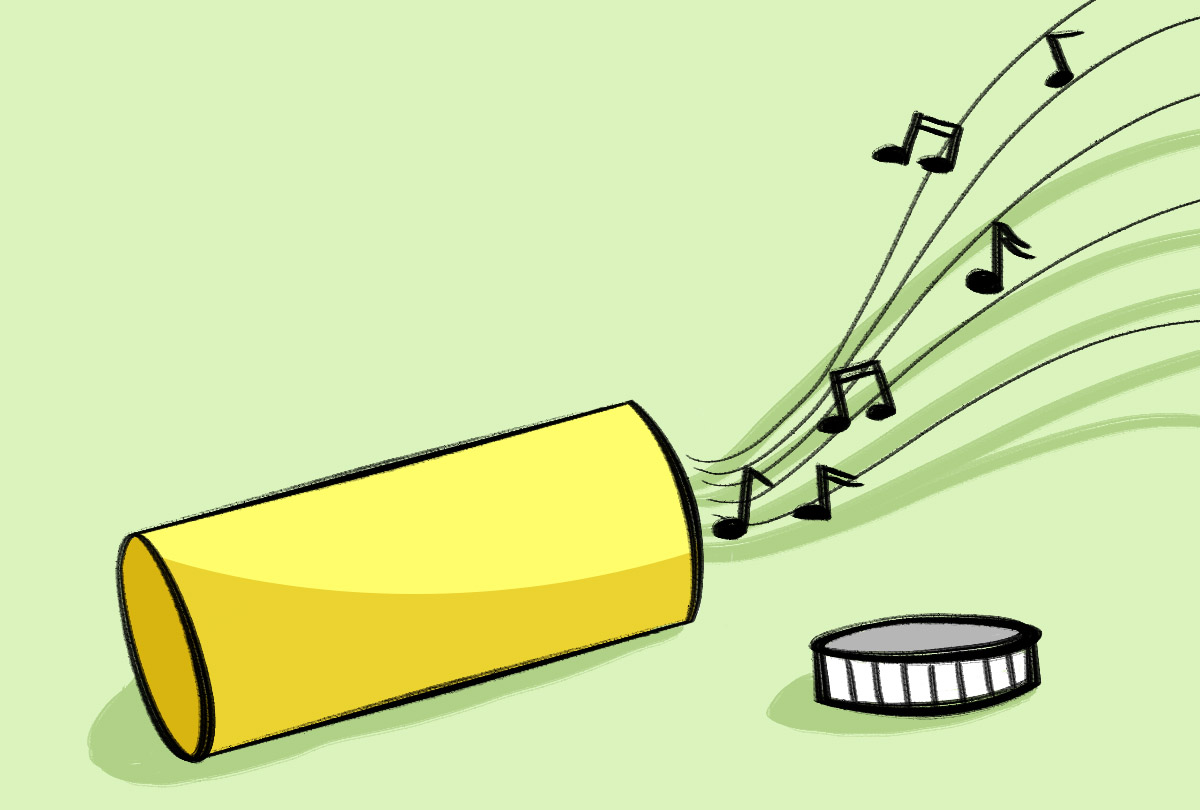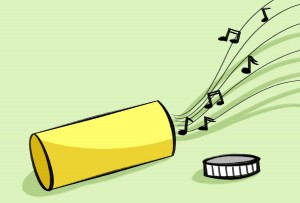Music as therapy and inspiration

It is amazing how music can be so therapeutic.

Seeing Interpol live this summer felt amazing. Watching as the band performed songs spanning their 18-year career brought back memories of when I first started listening to Paul Banks and the band when I was 13. Standing inside The Danforth Music Hall and hearing Paul Banks baritone voice sing, “We rejoice because the hurting is so painless,” hit me on a personal note that made the song stand out as one of my favourites from the evening.
It is amazing how music can be so therapeutic. It has this breathtaking ability to convey feelings that help listeners cope with emotional distress or enable the capacity to deal with depression. The potential for music to be a form of therapy has become well-documented by the medical community. The Canadian Association for Music Therapy stresses that “music has non-verbal, creative, structural and emotional qualities” that can be used in therapeutic relationships to facilitate things such as self-expression, learning, communication and personal development. It promotes the idea that through music, patients have the potential to heal, whether physically or emotionally.
Music has always been a source of inspiration for myself. Growing up, I always felt heavily connected to the bands that I listened to. Whether listening or playing music, it has always been the factor in my life where I’ve felt most at ease.
But it was only this summer that I began to understand music as a form of therapy. Back in July, I learned that my parents were separating after 25 years of marriage. It came without notice and on the first summer I had moved away from home it seemed to hit me even harder. The last two months have been a difficult time. The first week after finding out the news, it was hard to sleep and even harder to make sense of what had happened.
The first moment of relief came from watching Interpol up on stage. Their concert felt like it took on new meaning because of what was happening in my life. Not only was I going to see a band that I have listened to countless times, but I felt more connected to their melancholic songs because of the emotional turmoil I was dealing with.
Following that concert, I revisited music I listened to in my adolescents. Albums like A Crow Left on the Murder and London Calling brought a sort of sense of nirvana. It felt like all of the confusion stirred up became more manageable, creating moments of clarity and understanding.
Since seeing Interpol live, I’ve been to several other concerts where I have been able to connect with the music in a very personal manner. For every show I attended, the myriad of perplexing thoughts and confusion began to slowly become more acquiescent. Reflecting back on what CAMT promotes as music therapy, my own experience with music these past two months has allowed me to develop a necessary clarity. After thinking back on that performance at the Danforth Music Hall and considering Interpol’s lyrics, I now understand what the rejoicing Banks was talking about.

